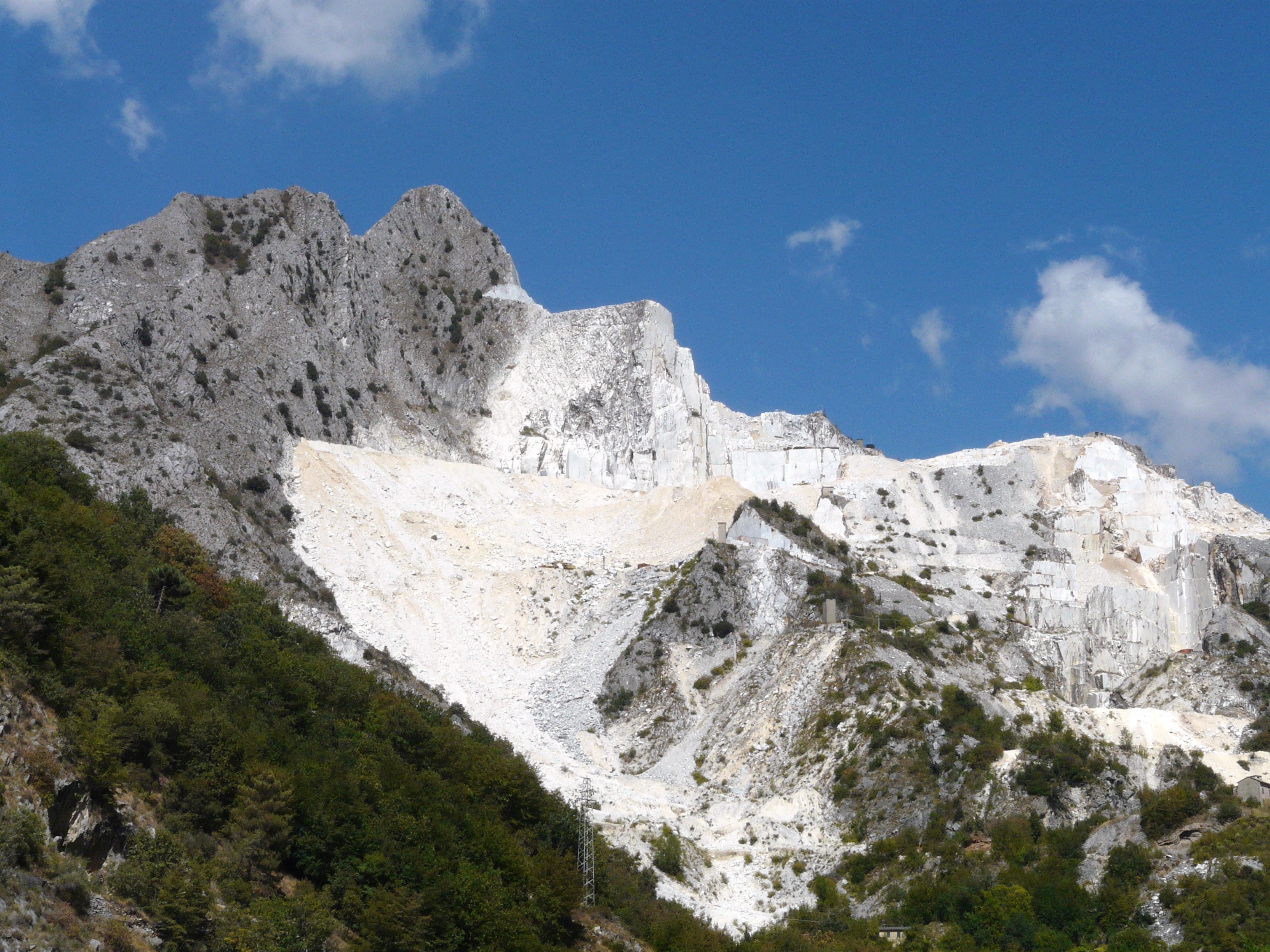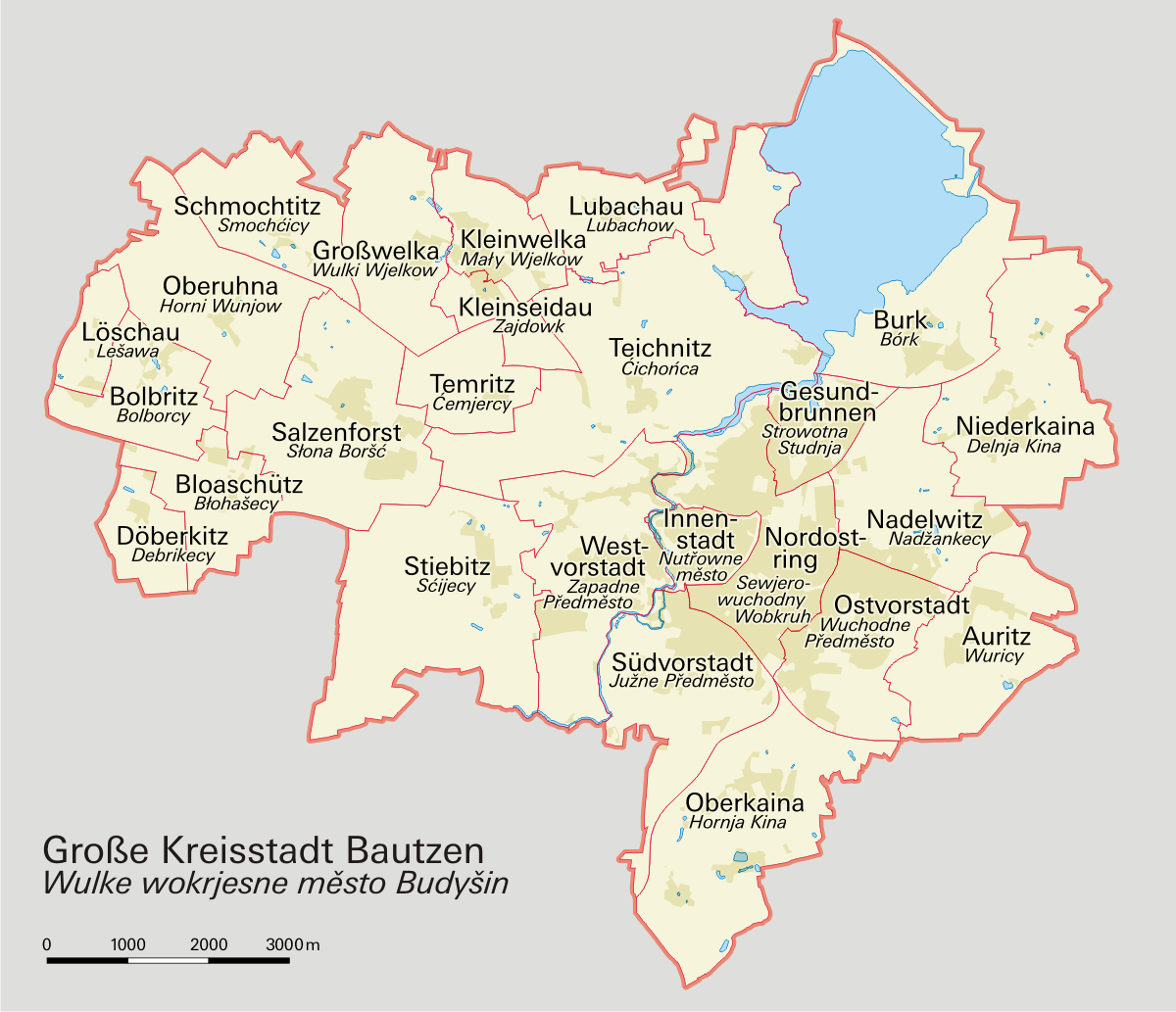|
Jurij Koch
Jurij Koch (born 15 September 1936 in Horka) is a German writer. He writes in both Sorbian languages as well as German. Koch's father worked in the nearby quarry, his mother worked several jobs at different farms. Jurij Koch went to school in Crostwitz, northern Czechoslovakia, Bautzen and Cottbus, and studied at the University of Leipzig Leipzig University (), in Leipzig in Saxony, Germany, is one of the world's oldest universities and the second-oldest university (by consecutive years of existence) in Germany. The university was founded on 2 December 1409 by Frederick I, Electo .... He has worked as an editor and reporter. Awards * Ćišinski Award, 1976 * Carl Blechen Award, 1983 * Literature award "Umwelt" by the federal state of North Rhine-Westphalia, 1992 External links * 1936 births Living people People from Bautzen (district) Sorbian-language writers Writers from Saxony Leipzig University alumni {{Germany-writer-stub ... [...More Info...] [...Related Items...] OR: [Wikipedia] [Google] [Baidu] |
Crostwitz
Crostwitz ( German) or Chrósćicy ( Upper Sorbian, ) is a village and municipality in the center of the German district of Bautzen in Saxony. It is located in Upper Lusatia Upper Lusatia (, ; , ; ; or ''Milsko''; ) is a historical region in Germany and Poland. Along with Lower Lusatia to the north, it makes up the region of Lusatia, named after the Polabian Slavs, Slavic ''Lusici'' tribe. Both parts of Lusatia a ... and is one of the centres of the Sorbian settlement area in Saxony. Geography The village of Crostwitz is situated at between 160 up to 180 metres above sea level on both sides of ''Satkula'' brook, which flows into the Klosterwasser not far from the place. The eastern part of the settlement is dominated by the ''Church's hill'', which is bordered by the brook in the south and the west. The larger part of Crostwitz stretches at the west side of Satkula, direction Panschwitz-Kuckau. History Crostwitz was first mentioned in 1225 as seat of ''Henricus de ... [...More Info...] [...Related Items...] OR: [Wikipedia] [Google] [Baidu] |
Sorbian Languages
The Sorbian languages (, ) are the Upper Sorbian language and Lower Sorbian language, two closely related and partially mutually intelligible languages spoken by the Sorbs, a West Slavs, West Slavic ethno-cultural minority in the Lusatia region of Eastern Germany. They are classified under the West Slavic languages, West Slavic branch of the Indo-European languages and are therefore closely related to the other two West Slavic subgroups: Lechitic languages, Lechitic and Czech–Slovak languages, Czech–Slovak.About Sorbian Language by Helmut Faska, University of Leipzig Historically, the languages have also been known as Wendish (named after the Wends, the earliest Slavic people in modern Poland and Germany) or Lusatian. Their collective ISO 639-2 ... [...More Info...] [...Related Items...] OR: [Wikipedia] [Google] [Baidu] |
Quarry
A quarry is a type of open-pit mining, open-pit mine in which dimension stone, rock (geology), rock, construction aggregate, riprap, sand, gravel, or slate is excavated from the ground. The operation of quarries is regulated in some jurisdictions to manage their safety risks and reduce their environmental impact. The word ''quarry'' can also include the underground quarrying for stone, such as Bath stone. History For thousands of years, only hand tools had been used in quarries. In the eighteenth century, the use of drilling and blasting operations was mastered. Types of rock Types of rock extracted from quarries include: *Chalk *China clay *Scoria, Cinder *Clay *Coal *Construction aggregate (sand and gravel) *Coquina *Diabase *Gabbro *Granite *Gritstone *Gypsum *Limestone *Marble *Ores *Phosphate rock *Quartz *Sandstone *Slate *Travertine Methods of quarrying The method of removal of stones from their natural bed by using different operations is called quarryin ... [...More Info...] [...Related Items...] OR: [Wikipedia] [Google] [Baidu] |
Czechoslovakia
Czechoslovakia ( ; Czech language, Czech and , ''Česko-Slovensko'') was a landlocked country in Central Europe, created in 1918, when it declared its independence from Austria-Hungary. In 1938, after the Munich Agreement, the Sudetenland became part of Nazi Germany, while the country lost further territories to First Vienna Award, Hungary and Trans-Olza, Poland (the territories of southern Slovakia with a predominantly Hungarian population to Hungary and Zaolzie with a predominantly Polish population to Poland). Between 1939 and 1945, the state ceased to exist, as Slovak state, Slovakia proclaimed its independence and Carpathian Ruthenia became part of Kingdom of Hungary (1920–1946), Hungary, while the German Protectorate of Bohemia and Moravia was proclaimed in the remainder of the Czech Lands. In 1939, after the outbreak of World War II, former Czechoslovak President Edvard Beneš formed Czechoslovak government-in-exile, a government-in-exile and sought recognition from the ... [...More Info...] [...Related Items...] OR: [Wikipedia] [Google] [Baidu] |
Bautzen
Bautzen () or Budyšin (), until 1868 ''Budissin'' in German, is a town in eastern Saxony, Germany, and the administrative centre of the Bautzen (district), district of Bautzen. It is located on the Spree (river), Spree river, is the eighth most populous town in Saxony, and is the seat of Saxony's Bautzen (district), largest district. Bautzen lies in the bilingual Sorbian settlement area ('':hsb:Serbski sydlenski rum, Serbski sydlenski rum'') of Lusatia, and is Lusatia's third-largest town after Cottbus and Görlitz, as well as the second-largest town in Upper Lusatia. The town lies in the hilly Upper Lusatian Gefilde (:hsb:Hornjołužiske hona, ''Hornjołužiske hona''), a part of the northwesternmost foothills of the Sudetes, just north of the Lusatian Highlands. Bautzen is the first larger town on the Spree River (), and the Bautzen Reservoir (:hsb:Budyska rěčna zawěra, ''Budyska rěčna zawěra'') lies in the north of the town. In 2021, Bautzen had a population of around 3 ... [...More Info...] [...Related Items...] OR: [Wikipedia] [Google] [Baidu] |
Cottbus
Cottbus () or (;) is a university city and the second-largest city in the German state of Brandenburg after the state capital, Potsdam. With around 100,000 inhabitants, Cottbus is the most populous city in Lusatia. Cottbus lies in the Sorbian settlement area () of Lower Lusatia, and is the second-largest city on the River Spree after Berlin, which is situated around downstream. The city is located on the shores of Germany's largest artificial lake, the Cottbuser Ostsee (). Cottbus is considered the political and cultural center of the Lower Sorbian-speaking Sorbs (in Lower Lusatia also called the Wends), while the overall center of all Sorbs (Lower and Upper) is Bautzen (''Budyšin''). Cottbus is the largest bilingual city in Germany. Signage is mostly in German and Lower Sorbian. The city is the seat of several Lower Sorbian institutions like the Lower Sorbian version of the Sorbischer Rundfunk (/), the Lower Sorbian Gymnasium, and the Wendish Museum (). The use of the ... [...More Info...] [...Related Items...] OR: [Wikipedia] [Google] [Baidu] |
University Of Leipzig
Leipzig University (), in Leipzig in Saxony, Germany, is one of the world's oldest universities and the second-oldest university (by consecutive years of existence) in Germany. The university was founded on 2 December 1409 by Frederick I, Elector of Saxony and his brother William II, Margrave of Meissen, and originally comprised the four scholastic faculties. Since its inception, the university has engaged in teaching and research for over 600 years without interruption. Famous alumni include Angela Merkel, Gottfried Wilhelm von Leibniz, Johann Wolfgang von Goethe, Leopold von Ranke, Friedrich Nietzsche, Robert Schumann, Richard Wagner, Tycho Brahe, Georgius Agricola. The university is associated with ten Nobel laureates, most recently with Svante Pääbo who won the Nobel Prize for Medicine in 2022. History Founding and development until 1900 The university was modelled on the University of Prague, from which the German-speaking faculty members withdrew to Leipzi ... [...More Info...] [...Related Items...] OR: [Wikipedia] [Google] [Baidu] |
Carl Blechen Award
Carl may refer to: *Carl, Georgia, city in USA *Carl, West Virginia, an unincorporated community *Carl (name), includes info about the name, variations of the name, and a list of people with the name *Carl², a TV series * "Carl", an episode of television series ''Aqua Teen Hunger Force'' * An informal nickname for a student or alum of Carleton College CARL may refer to: *Canadian Association of Research Libraries *Colorado Alliance of Research Libraries See also *Carle (other) *Charles *Carle, a surname *Karl (other) *Karle (other) Karle may refer to: Places * Karle (Svitavy District), a municipality and village in the Czech Republic * Karli, India, a town in Maharashtra, India ** Karla Caves, a complex of Buddhist cave shrines * Karle, Belgaum, a settlement in Belgaum ... {{disambig ja:カール zh:卡尔 ... [...More Info...] [...Related Items...] OR: [Wikipedia] [Google] [Baidu] |
1936 Births
Events January–February * January 20 – The Prince of Wales succeeds to the throne of the United Kingdom as King Edward VIII, following the death of his father, George V, at Sandringham House. * January 28 – Death and state funeral of George V, State funeral of George V of the United Kingdom. After a procession through London, he is buried at St George's Chapel, Windsor Castle. * February 4 – Radium E (bismuth-210) becomes the first radioactive element to be made synthetically. * February 6 – The 1936 Winter Olympics, IV Olympic Winter Games open in Garmisch-Partenkirchen, Germany. * February 10–February 19, 19 – Second Italo-Ethiopian War: Battle of Amba Aradam – Italian forces gain a decisive tactical victory, effectively neutralizing the army of the Ethiopian Empire. * February 16 – 1936 Spanish general election: The left-wing Popular Front (Spain), Popular Front coalition takes a majority. * February 26 – February 26 Incident (二・二六事件, ... [...More Info...] [...Related Items...] OR: [Wikipedia] [Google] [Baidu] |
Living People
Purpose: Because living persons may suffer personal harm from inappropriate information, we should watch their articles carefully. By adding an article to this category, it marks them with a notice about sources whenever someone tries to edit them, to remind them of WP:BLP (biographies of living persons) policy that these articles must maintain a neutral point of view, maintain factual accuracy, and be properly sourced. Recent changes to these articles are listed on Special:RecentChangesLinked/Living people. Organization: This category should not be sub-categorized. Entries are generally sorted by family name In many societies, a surname, family name, or last name is the mostly hereditary portion of one's personal name that indicates one's family. It is typically combined with a given name to form the full name of a person, although several give .... Maintenance: Individuals of advanced age (over 90), for whom there has been no new documentation in the last ten ... [...More Info...] [...Related Items...] OR: [Wikipedia] [Google] [Baidu] |





